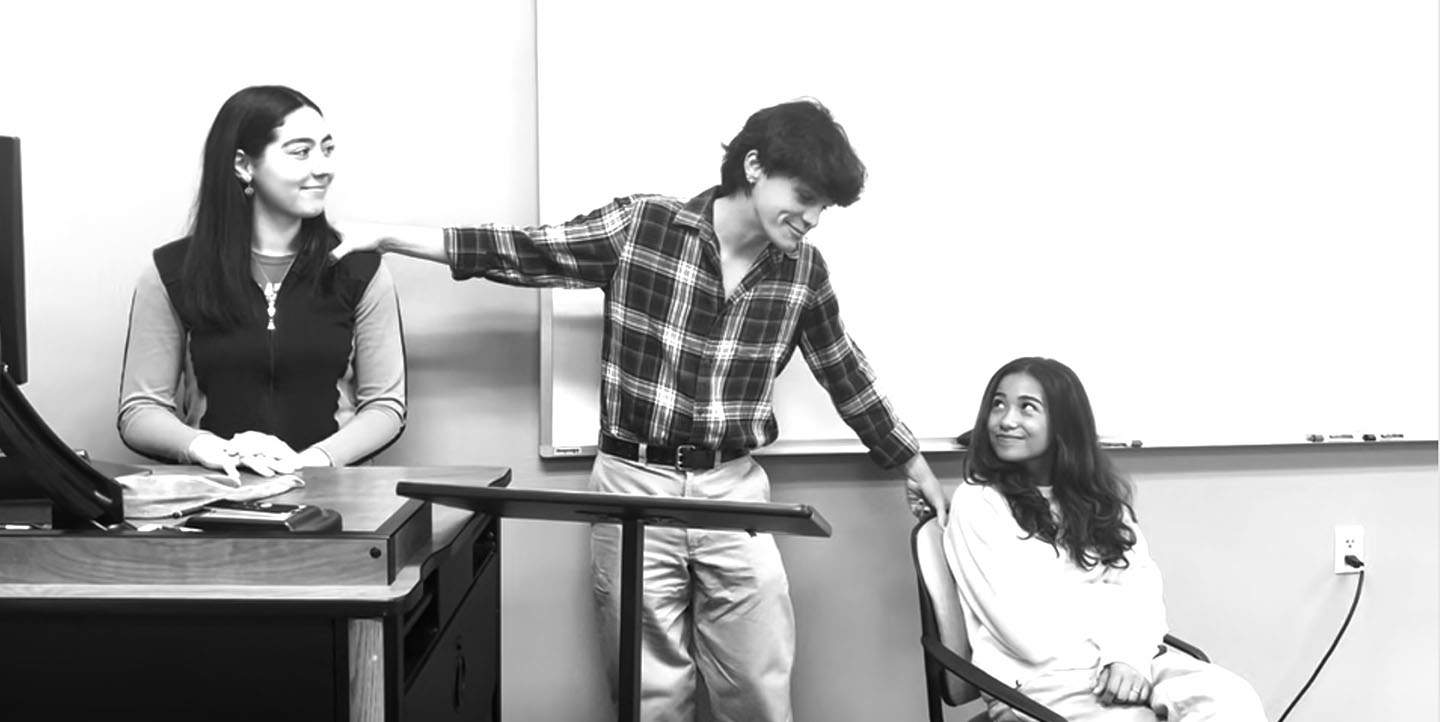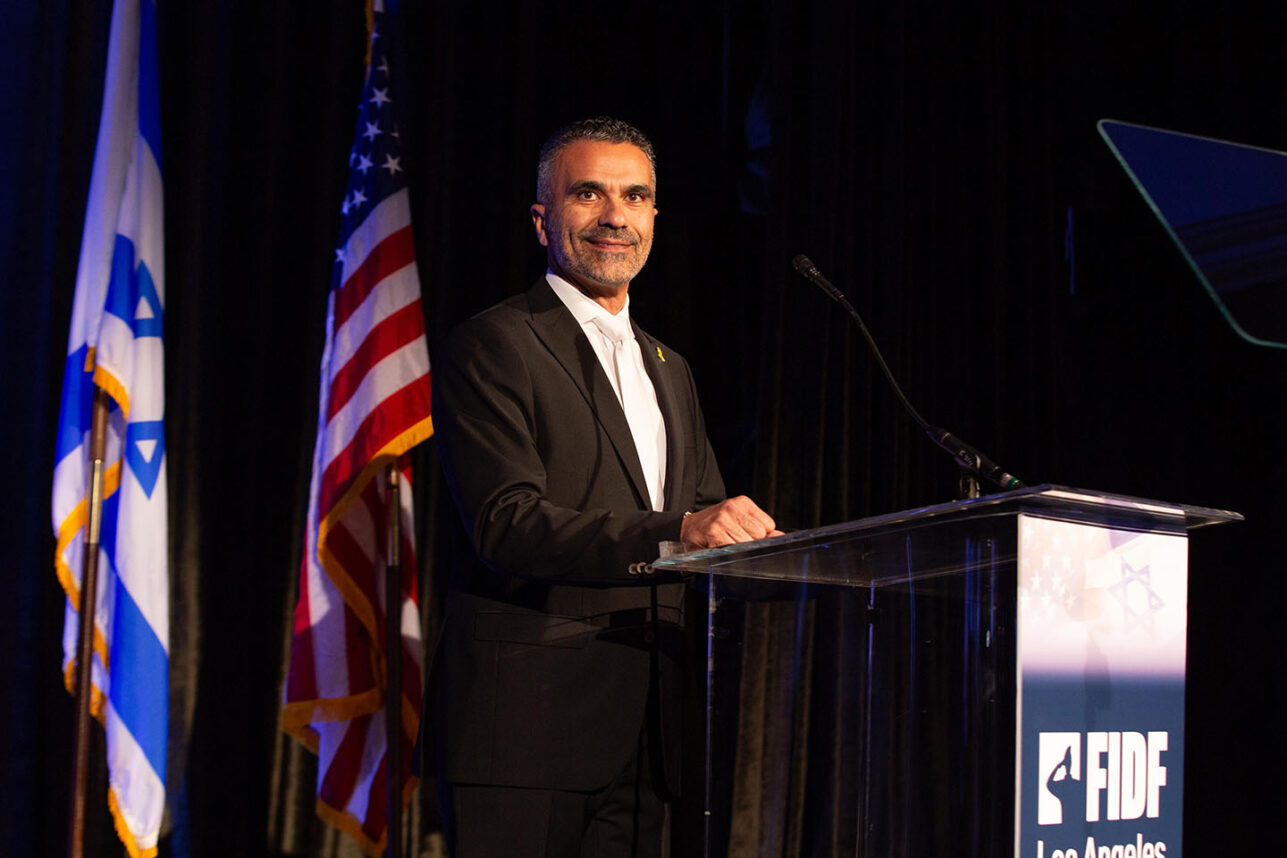You’ve read the newspaper ads or heard the pitches on the radio:Donate your old car to our worthy charity, which aidsorphans/immigrants/homeless/the halt and the lame, and enjoy agenerous tax write-off.
The American Red Cross is doing it, as is the National KidneyFoundation, Jewish Family Service, Jewish National Fund and Chabad.
And then there are the Jewish Foundation for Learning and theSouthern California Jewish Center. Never heard of them? Neither hasthe Jewish Federation of Greater Los Angeles or the Jewish CommunityCenters Association, so The Jewish Journal decided to do a littlechecking.
We called 1-800-362-2558 and asked the operator at the JewishFoundation for Learning for the name of the foundation’s director. Wewere referred to Carol Ruth Silver in San Francisco, although herphone number was unavailable. It wasn’t difficult to track downSilver, an attorney and former county supervisor who over the pastyear has served as the feisty spokeswoman for the Jewish EducationalCenter and as chair of its board of directors.
At its peak, the JEC ran one of the largest and most lucrativeused-car auction programs in the nation. It is now bankrupt, afterthe state attorney general’s office accused its founders, RabbiBentzion and Mattie Pil, of fraud, tax evasion and divertingcharitable funds to buy a house and stage a $40,000 bar mitzvah fortheir son. The Pils have denied any wrongdoing.
One of the JEC’s major programs was the Schneerson Hebrew DaySchool, which had an enrollment of 140 children, Silver said in aphone interview.
The Orthodox day school, now teaching 25 to 40 kids and housed ina Conservative synagogue, was not included in the bankruptcyproceedings. It is operating, legitimately, under the JewishFoundation for Learning auspices, as a “religious nonprofit”organization, with Silver, again, as chair of the board of directors.
The legal distinction between the school and the defunct JEC isimportant, explained state Deputy Attorney General Belinda Johns, whofiled the case against the JEC.
The JEC was classified as a “public benefit corporation” becauseits services extended to the general community, and it was thereforesubject to oversight by the attorney general. However, due to someastute lobbying, according to Johns, “religious nonprofits” areexempt from oversight by state authorities.
The Schneerson Day School is not affiliated with Chabad butfollows the teachings of the late Lubavitcher rebbe, Rabbi MenachemMendel Schneerson, said Silver. However, following objections byChabad to the use of the rebbe’s name, the day school changed itsname to Torah Day School.
It is the Torah Day School that is the main beneficiary of theJewish Foundation for Learning’s car sales, although Silver is alsotrying to resurrect some other JEC programs, which, she saidbitterly, “were destroyed by the attorney general.” These includedEnglish-as-a-second-language classes for Russian immigrants and akosher nutrition program for the elderly.
Silver said that she didn’t know how many cars were processed whenthe defunct JEC solicited donations under its own name, but that thecar auctions provided the bulk of JEC’s $2 million annual budget.
(According to state documents, JEC’s income actually amounted to$8.54 million in fiscal year 1996, almost all of it from car sales.Only $1.46 million, or 17 percent, of this income was spent oncharitable programs, the Jewish Bulletin of Northern Californiareported.)
The Jewish Foundation for Learning car drive was launched onlyrecently, mainly in the Los Angeles area, and “we hope to get enoughdonations by the end of the year to survive,” said Silver.
It took a bit more digging to find the Southern California JewishCenter, which has been running radio appeals for car donations forabout a year.
A phone call to 1-800-936-HOPE was answered by “Linda,” who couldonly give a post office box as the center’s address and identifiedthe director as Rabbi Shimon Kay. Linda wouldn’t give out Kay’s phonenumber but said that he would call back and send a brochure.
After a week’s silence, we called again and, this time, told Lindathat we were preparing an article for The Jewish Journal.
A few hours later, Kay called and quickly demystified the SouthernCalifornia Jewish Center as the fund-raising arm of the WestwoodSephardic Center, which is listed in the phone book.
A few days later, we dropped in unannounced at the center onWestwood Boulevard. We were greeted hospitably by Kay, to allappearances, a sincere and harassed young rabbi, who turned to thecar-donation pitch in some desperation to keep his operation going.
In a modest two-story building, the center squeezes in a day-carecenter for about 25 children, an upstairs synagogue shtiebl, twomakeshift Hebrew-school classes, and a tiny outdoor play yard.
The 32-year-old rabbi, a native New Yorker, said that he waseducated at the Chabad yeshiva. In 1990, he was sent to Los Angelesby the Lubavitcher rebbe, although he now has no formal ties to theChabad organization.
The Sephardic Center, serving mainly Iranian immigrants, with asprinkling of Moroccans, Israelis and Russians, started off well andattracted substantial private donations. It hit hard times two yearsago, when Kay lost the lease on a much larger facility.
Attempts to raise funds from established secular or religiousJewish organizations came to nothing, and Kay finally turned to thecar-donation program as a saving moneymaker.
Kay said that he had no exact figures on how much of his annual$300,000 budget is provided by the car program. But he estimated thatdespite constantly rising costs for radio spots, about 70 percent ofthe profits are plowed back into his programs.
That is considerably better than the 20 percent of profits usuallyoffered by commercial middlemen, which is one reason Kay handles thecar donations himself. On an average, he gets about five to six carsa day — not a bad showing, given the intense competition.
Kay appeared somewhat ill at ease when asked why he didn’t run thecar program under the Westwood Sephardic Center’s own name. “It’seasier to remember the name of the Southern California JewishCenter,” he said at one point, adding later, “I don’t want to makeothers jealous; I don’t want too much publicity.”
Johns, of the attorney general’s office, specializes in charitablefund-raising cases, and she has some advice for potential donors.
One is to check out whether an organization actually conducts theprograms it advertises, which may require a fair amount of research.In any case, she agrees that probably some 90 percent of donors careonly about the tax deduction rather than the charity’s particularcause.
Also make sure that the title of the car is properly and quicklytransferred, Johns counsels. Not infrequently, a charity allows anemployee to drive the car under the old owner’s title, and many adonor has received parking and traffic tickets months after givingthe car away.
The attorney general’s office has just compiled a useful brochureon charitable solicitations, which can be obtained by writing to theAG Public Inquiry Unit, P.O. Box 944255, Sacramento, CA94244-2550.






















 More news and opinions than at a Shabbat dinner, right in your inbox.
More news and opinions than at a Shabbat dinner, right in your inbox.